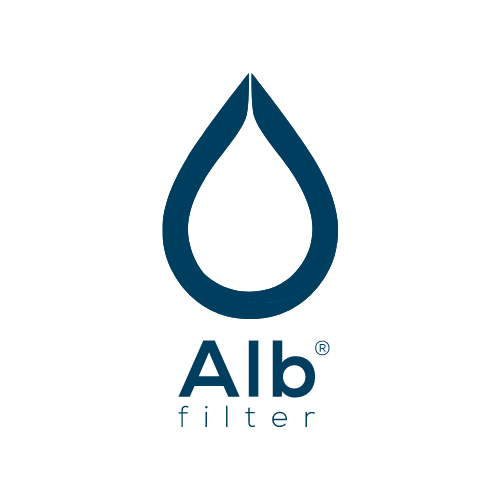Can you get infected with the coronavirus through Tapwater ?
First of all: According to the current state of knowledge, a corona infection through drinking water from the tap seems unlikely!
The coronavirus pandemic has fundamentally changed our everyday lives. The danger of this virus is mainly due to the high risk of infection. As many research questions are still unanswered, there is a great deal of uncertainty. Until now, one of the main transmission routes for the virus has been contamination through droplets from interpersonal contact or contaminated surfaces.
But is there also the possibility of infection through the Tapwater? After all, we know from other diseases that germs can be transmitted in particular through the spray mist in swimming pool slides or via showers.

But is there also the possibility of infection through the Tapwater? After all, we know from other diseases that germs can be transmitted in particular through the spray mist in swimming pool slides or via showers.
High safety standards in drinking water to protect against germs
The Drinking Water Ordinance, which was last updated in December 2019 (21st amendment), stipulates a strict disinfection process for Tapwater . It also regulates which treatment substances may be used. In a statement issued by the Federal Environment Agency on March 13, 2020, "based on current knowledge, transmission of the coronavirus via the public drinking water supply is highly unlikely"1.
Concerns about coronavirus in wastewater
Nevertheless, newspaper reports are unsettling: In the Netherlands, researchers found coronavirus in the wastewater of the city of Nieuwegein on March 5, 2020.
It had gotten there through excretions from infected people. The Berlin newspaper Tagesspiegel reported that wastewater from hospitals flows unhindered into the sewer system.
However, the Berlin waterworks assured in a statement that it was impossible for viruses to get into the Tapwater . For one thing, the water for the drinking water pipeline is taken from groundwater at great depths in an oxygen-free zone where viruses and bacteria do not survive. In addition, viruses in the wastewater are "99 to 99.9% degraded in the biological treatment stage of the sewage treatment plant"2. In the case of the Dutch city, however, researchers even see an opportunity for an early warning system.

However, the Berlin waterworks assured in a statement that it was impossible for viruses to get into the Tapwater . Firstly, the water for the drinking water pipeline is taken from groundwater at great depths in an oxygen-free zone where viruses and bacteria do not survive.
In addition, viruses in wastewater are "99 to 99.9% degraded in the biological treatment stage of the sewage treatment plant. "2 In the case of the Dutch city, however, researchers even see an opportunity for an early warning system.
Is there a residual risk and use water filters?
Despite strict regulations and elaborate measures by the water companies, germs in the water can never be ruled out one hundred percent, as evidenced by local incidents where water has to be boiled or infections caused by legionella.
The main causes are often outdated pipes and stagnant water. Drinking water filters can also significantly reduce the risk here. Above all, however, they improve water quality by filtering out treatment substances such as chlorine, which are used to disinfect tap water.
Conclusion: What is really important
Infection with the coronavirus in drinking water is very unlikely. Nevertheless, there is a weak point at the tap.
The most important protective measure against infection is regular hand washing with soap. However, it is important that the tap and fittings are not contaminated before washing your hands.
As a rule, the tap is touched first before washing and then afterwards. This should only be done with a disposable cloth, which should then be disposed of safely. In addition, taps and basins in the kitchen and bathroom should be disinfected regularly.

References
- Federal Environment Agency: https://www.umweltbundesamt.de/themen/coronavirus-uebertragung-ueber-das-trinkwasser
- Welt.de: https://www.welt.de/wissenschaft/article206912489/Forscher-finden-Coronavirus-im-Abwasser-und-wittern-eine-Chance.html

